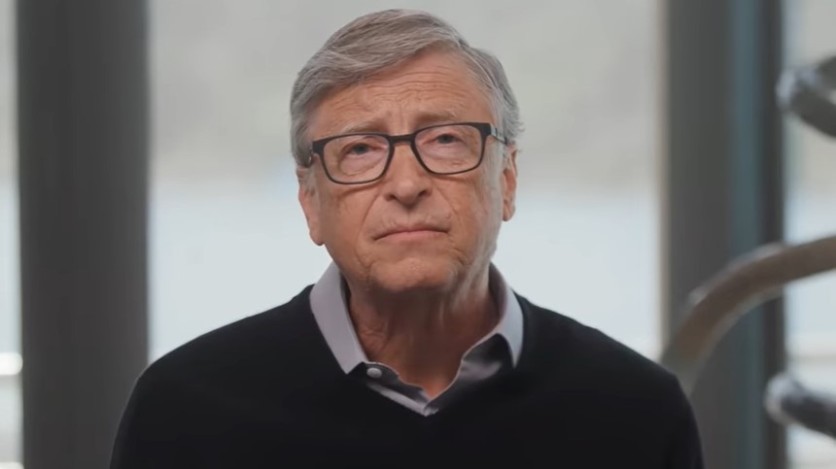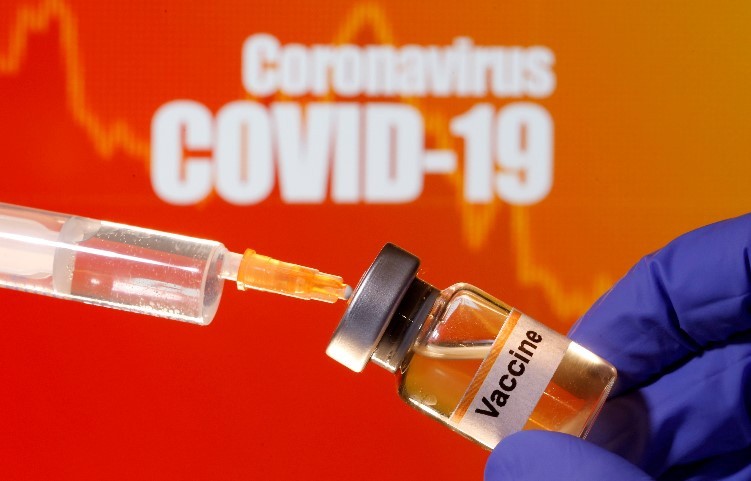India's population is estimated at over 1.3 billion people. In the times of coronavirus, this has been one major issue. But, Microsoft co-founder and billionaire Bill Gates thinks otherwise. He believes that one of the world's most populated countries will produce the COVID-19 vaccine that can treat people anywhere they are in the world.
Where to get the COVID-19 vaccine?

Have you asked yourself? Where do we get the COVID-19 vaccine once scientists finished making it? Apparently, billionaire Bill Gates has the answer.
Through the documentary - COVID-19: India's War Against The Virus - that will be premiered on Discovery Plus this week, the Microsoft co-founder barged into the topic of India's actions against the spread of the virus.
He said that although India is an Asian country that has billions of population until now, Gates believes that the dependency of the world to the COVID-19 vaccine lies in the hands of Indian pharmaceutical companies.
"India has a lot of capacity there - with the drug and vaccine companies that are huge suppliers to the entire world. You know, more vaccines are made in India than anywhere - starting with Serum Institute, that's the largest," said Gates in the interview.
Other than that, Gates also thinks that the pandemic will end soon once the Indian companies build the vaccine that will make these all go away. Meaning that he believes India can and will produce a million doses needed to treat everyone that has a COVID-19, around the globe.
"I am excited that the pharmaceutical industry there will be able to produce not just for India but also for the entire world. (This is) What we need to reduce the deaths and make sure we are immune, which is how we end the epidemic."
Do we have the vaccine?

The very first COVID-19 vaccine in the United States was already tested by humans positive with the virus.
Dr. Anthony Fauci, the U.S. government's top infectious disease expert, told The Associated Press that Moderna's COVID-19 vaccine is now on its final trial phase and was proven to boost the immune system of those injected with the serum.
"This is an essential building block that is needed to move forward with the trials that could actually determine whether the vaccine does protect against infection," said Dr. Lisa Jackson of the Kaiser Permanente Washington Research Institute in Seattle, who led the study.
For now, there are still no assurances that the vaccine will work for everyone in the country. Though as Fauci describes, "no matter how you sliced it, its a good news."
And it was actually great news.




